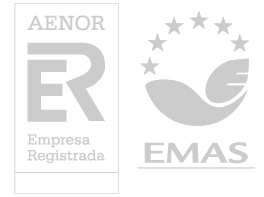PREDICCIONES ESPACIOTEMPORALES Y ALGUNAS APLICACIONES EN R
- Desde: 17/7/17
- Hasta: 28/7/17
- Campus de Valencia
- Idioma: Castellano
- Presencial
Preinscripción desde el 10/5/17
Matrícula disponible hasta el 15/7/17
Promovido por:
Instituto Universitario de Ingeniería del Agua y del Medio Ambiente
Responsable de la actividad:
Consulta las condiciones específicas de la actividad
Modalidad
| Presencial | Online | Emisión en directo |
|---|---|---|
|
36 horas |
0 horas |
0 horas |
| Horario |
|---|
|
Mañana y Tarde
|
| Lugar de impartición |
|---|
| Aula 2.13 CFP |





